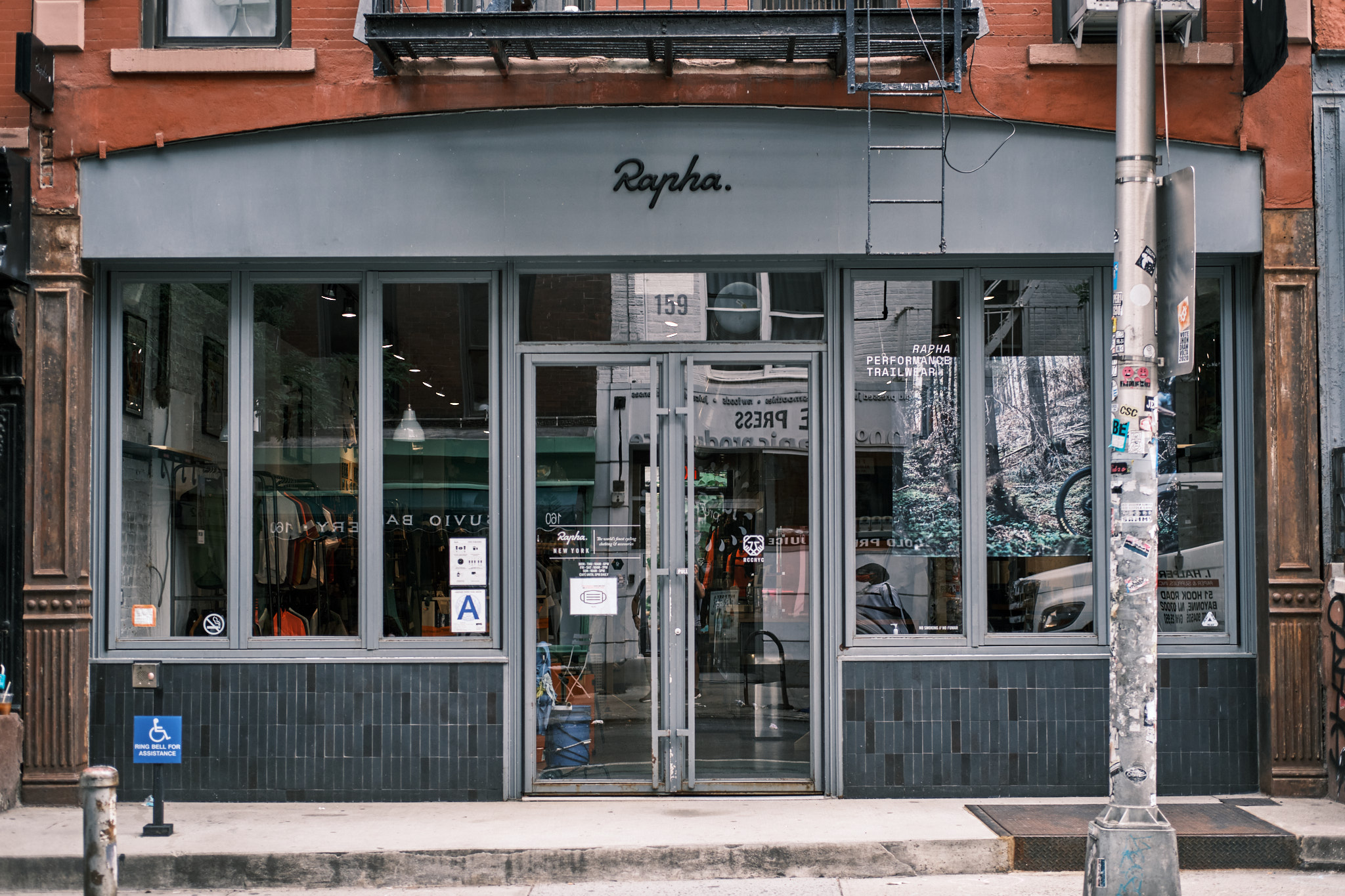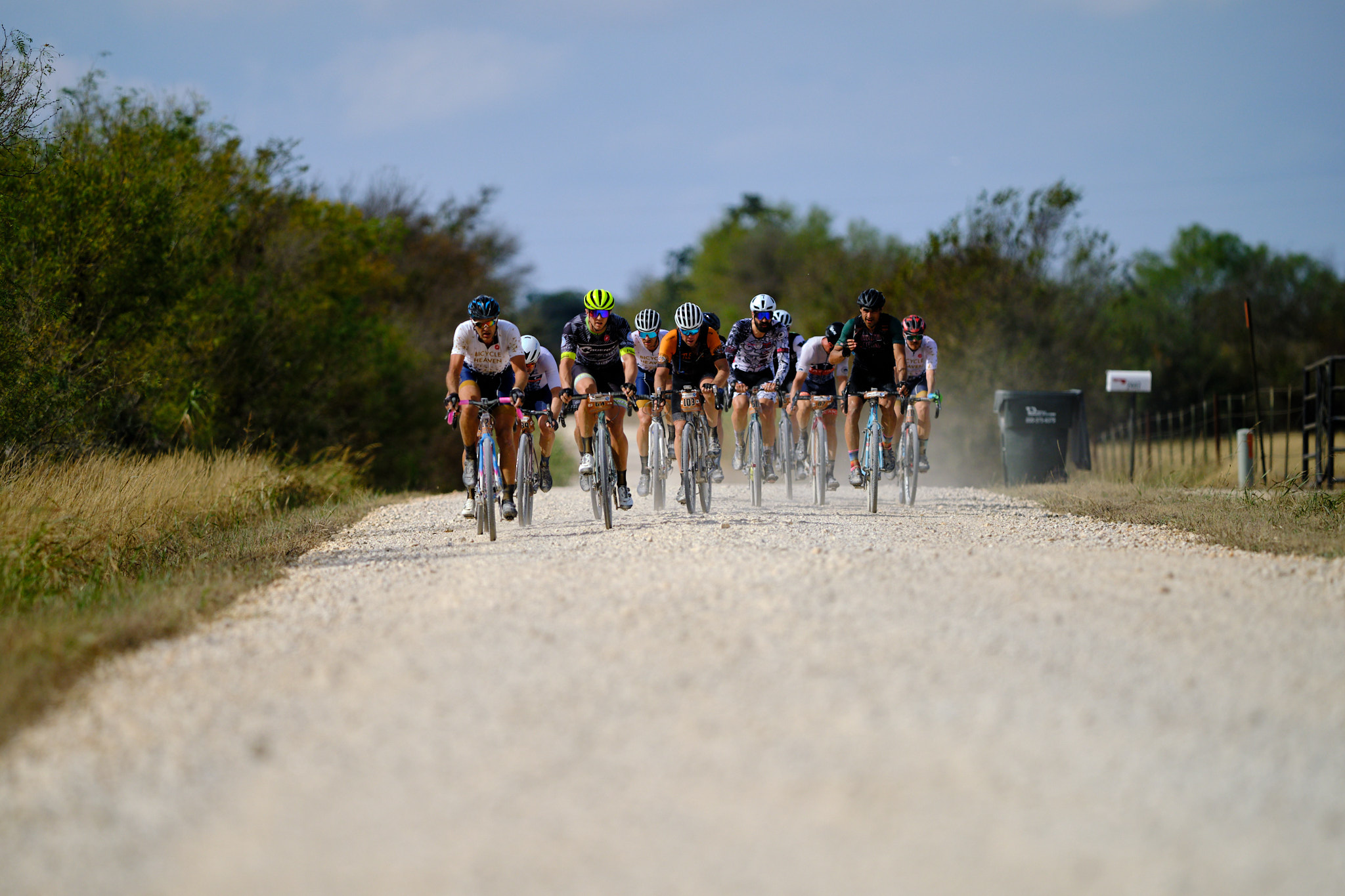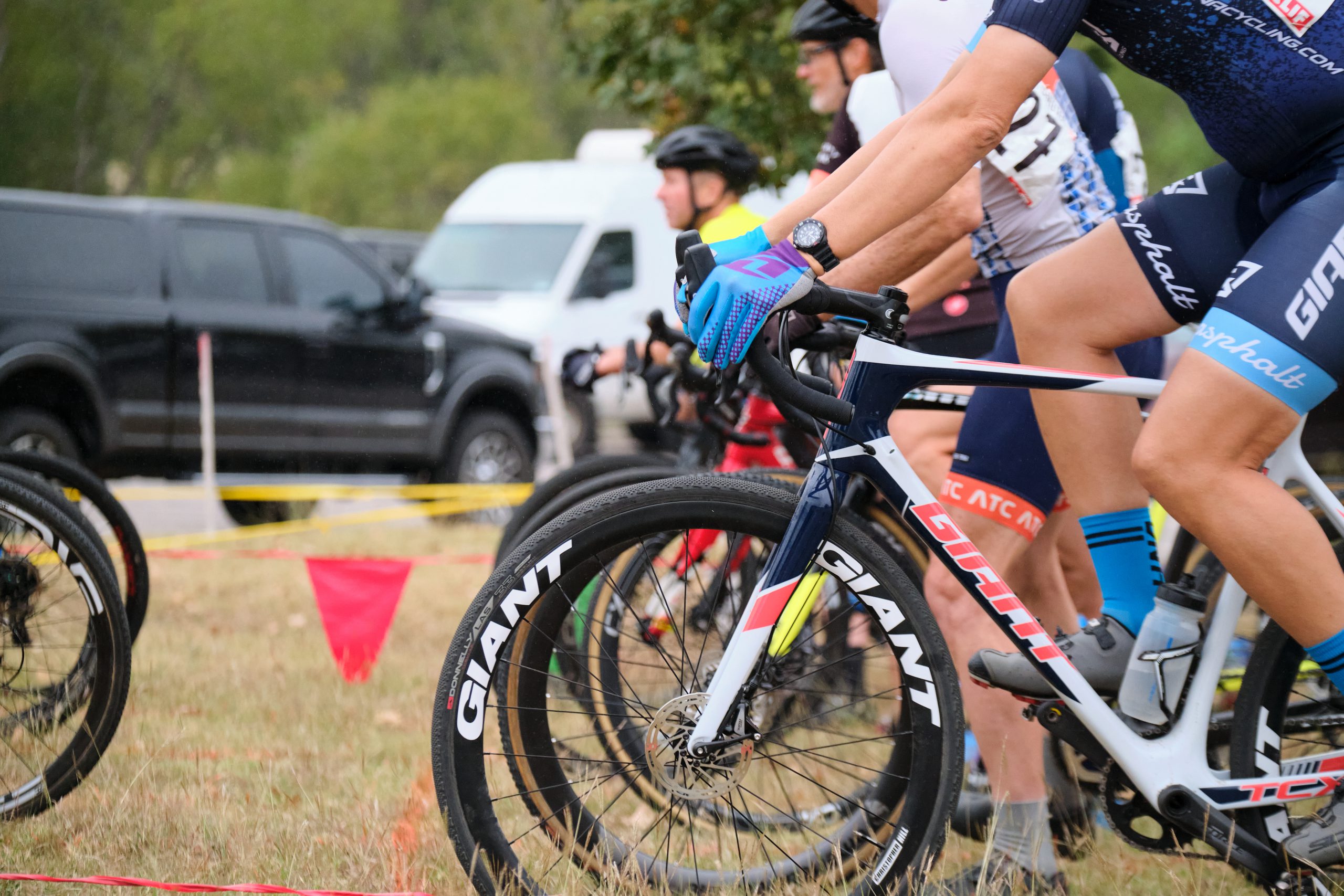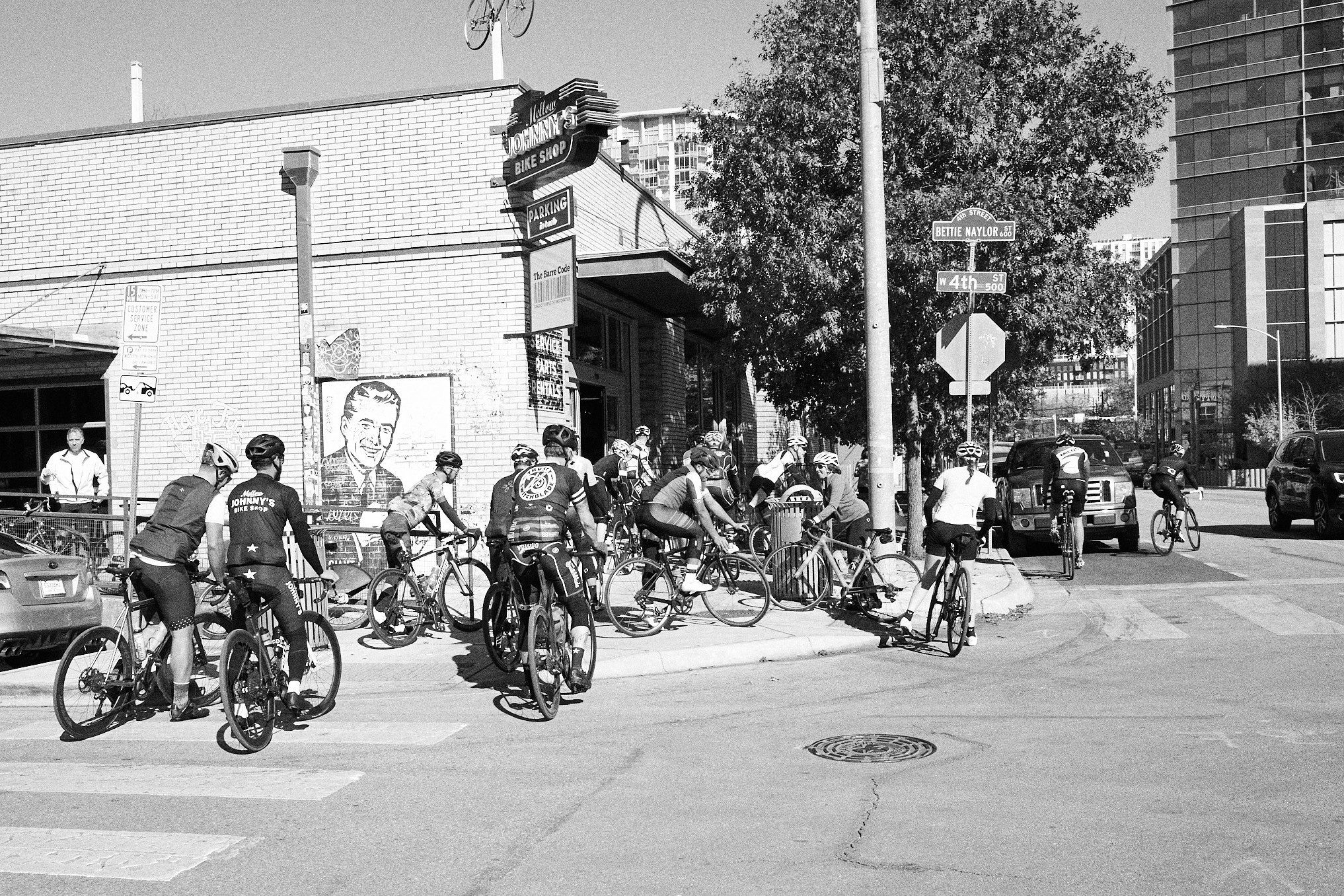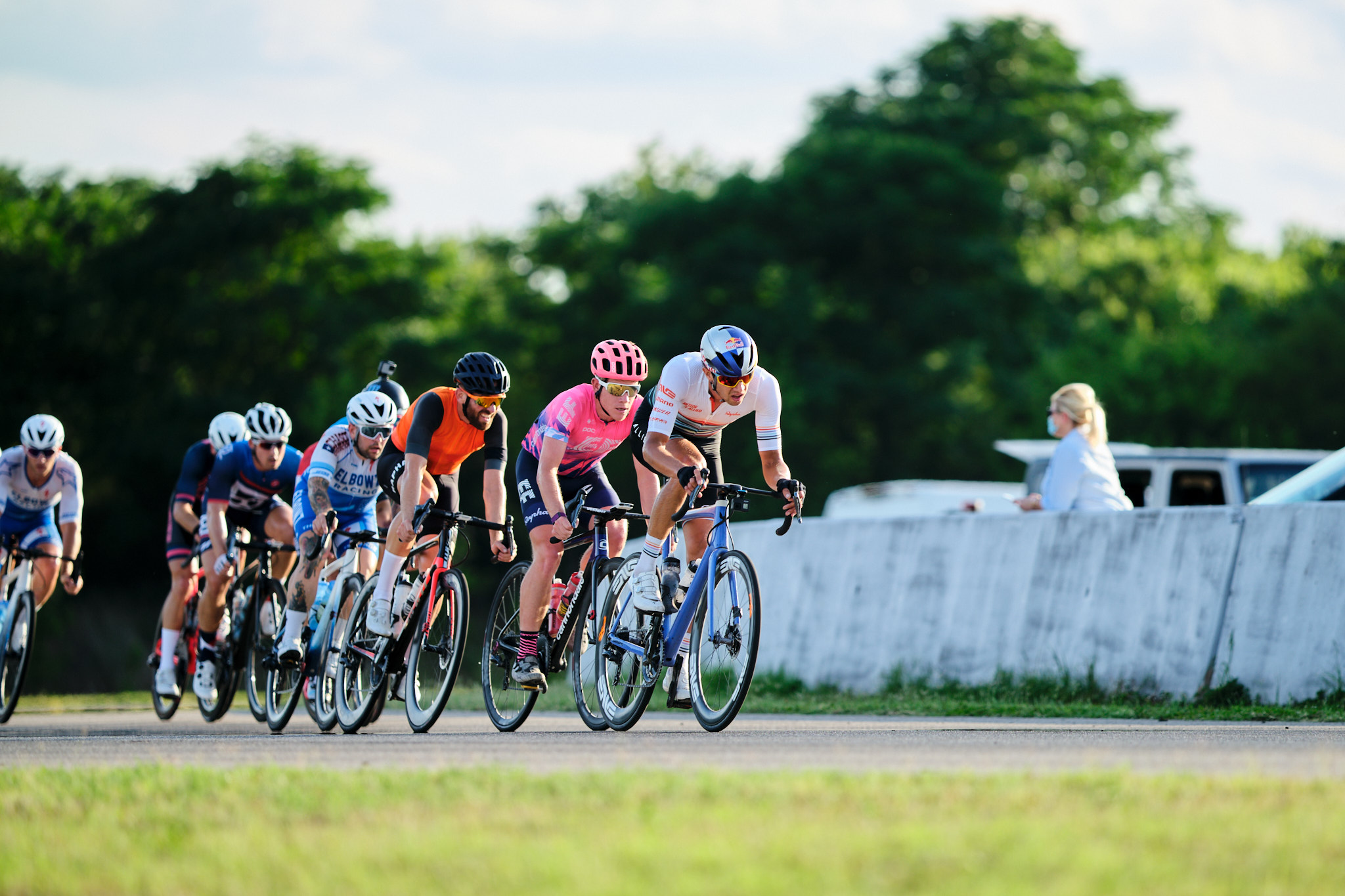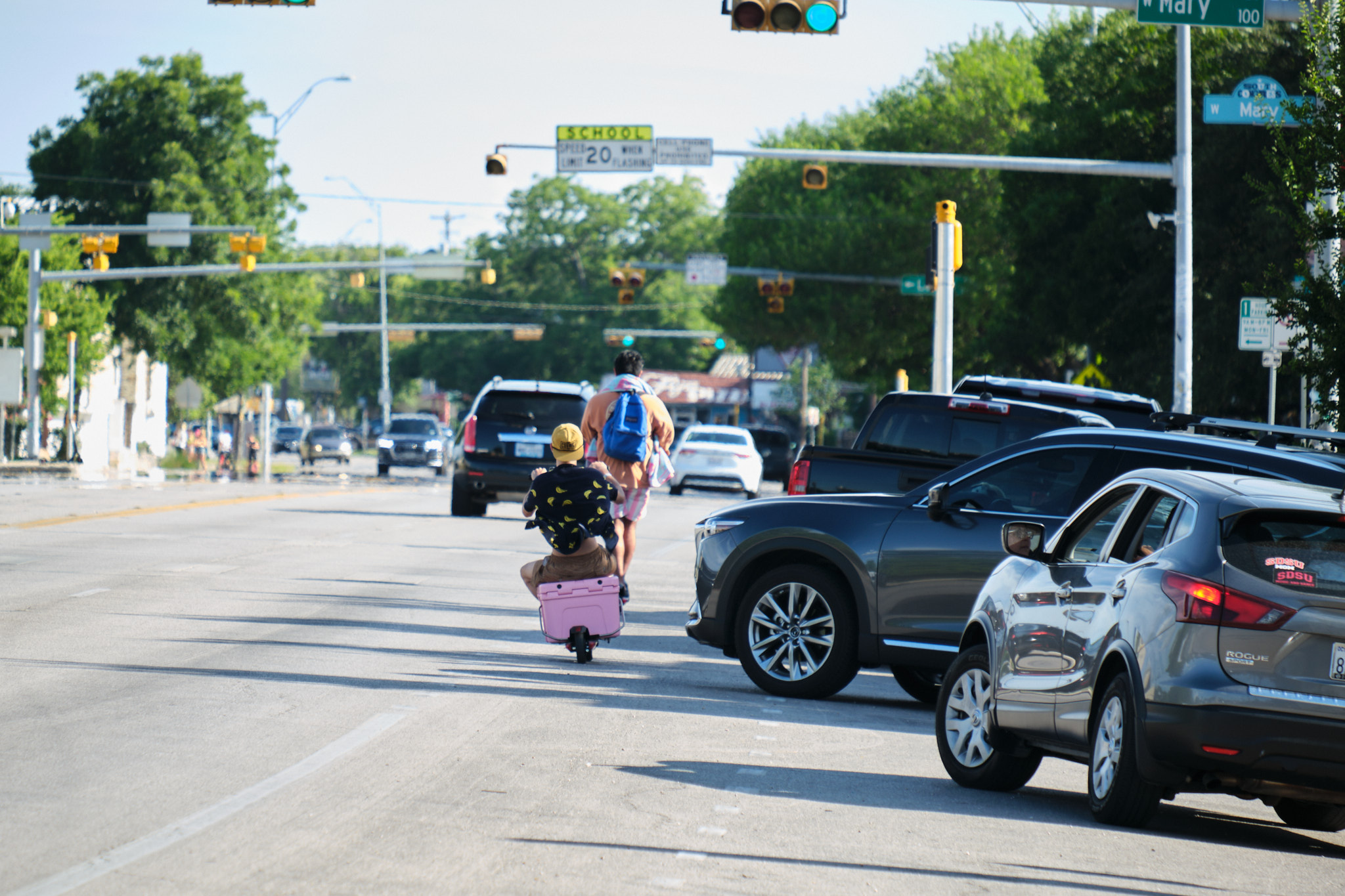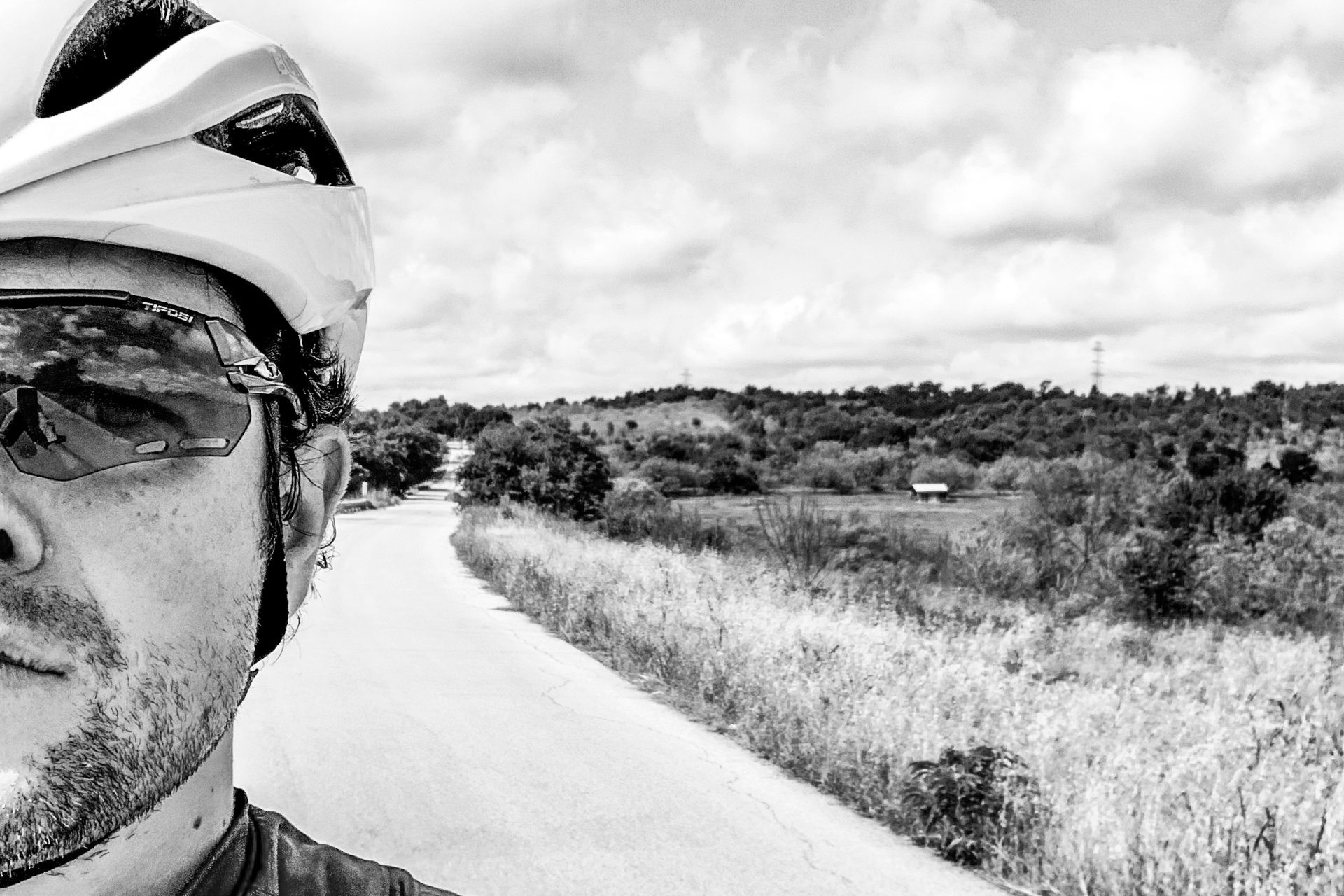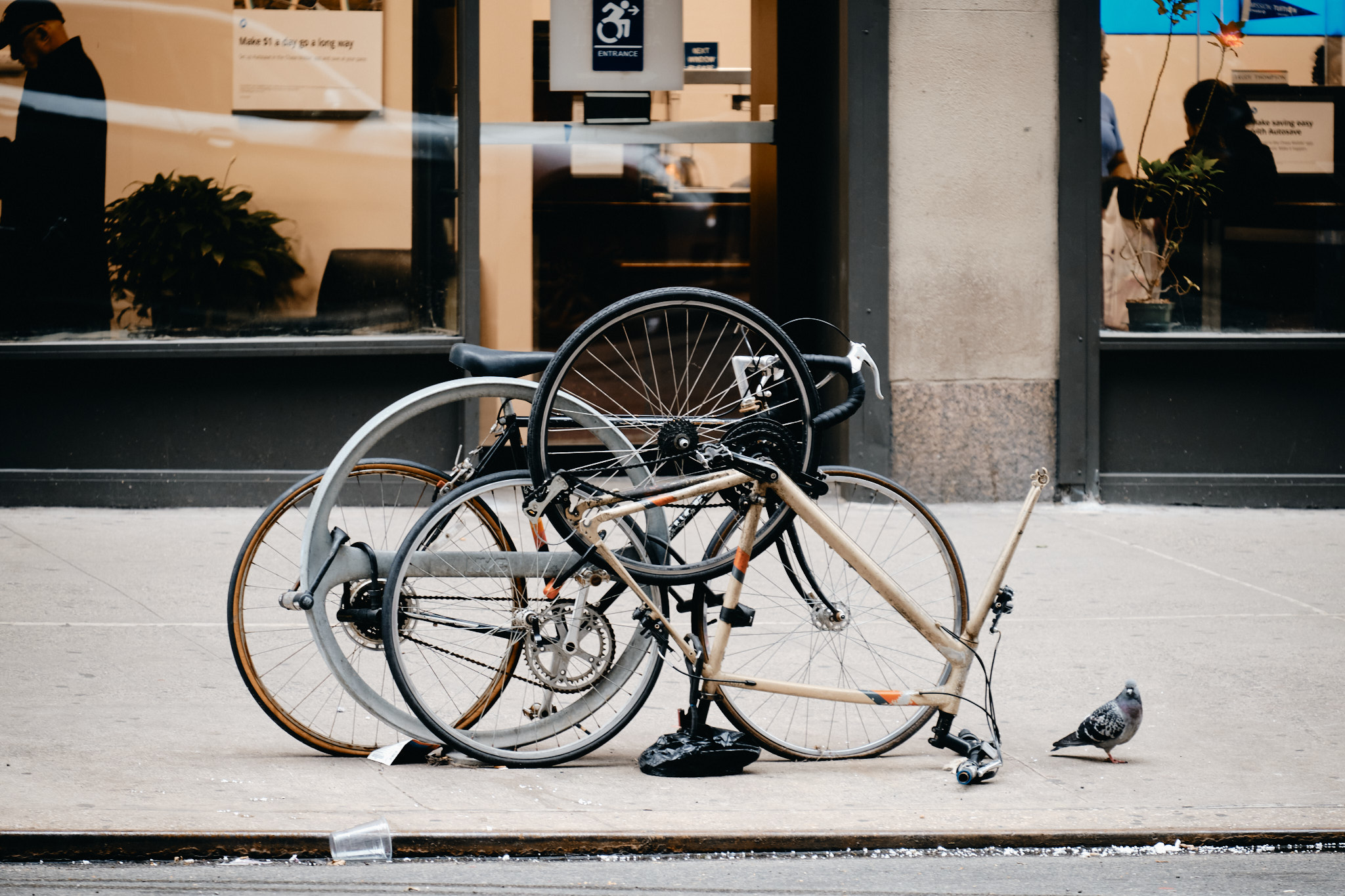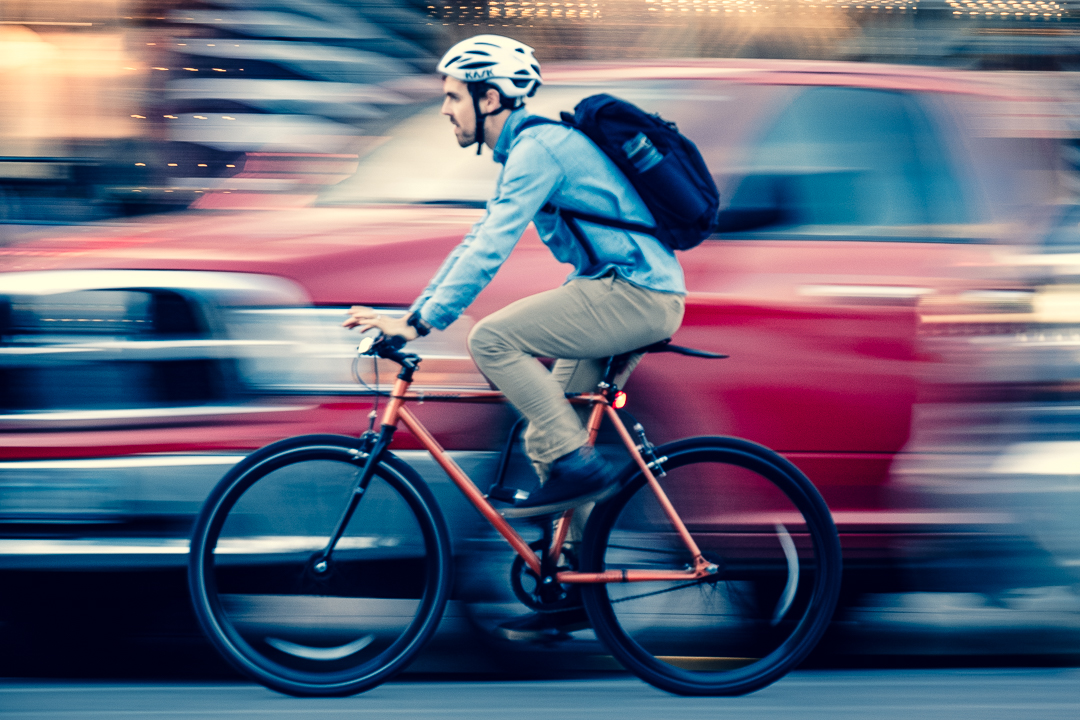If I’m honest with myself, embarrassment deserves partial credit when considering the reasons that I first sold my car. In my defense, values about transportation and housing policy were ultimately the deciding factor. For the previous two-ish years, I had been getting around Austin primarily by bike. The car simply sat there, accumulating maintenance and insurance expense that could be spread to various other modes of transportation.
When I finally worked up the guts to get rid of my “friend,” as I thought of it — a beat-up (very) but reliable 2005 Honda Accord —it was a quick breakup. A scammy guy showed up within two hours of my long-winded Craigslist ad going live (that I’m sure he didn’t even appreciate), and convinced me to let him drive away with an open title (a practice my naïveté left me unaware of at the time). Aside from worrying if my now unregistered vehicle would be used to rob a bank, I was finally free from the burdens of car ownership.
Transportation then became a multi-modal buffet of bikes, busses, trains, Ubers and rental cars. This method wasn’t necessarily cheaper but seemed to offer a certain kind of freedom, in addition to allowing me to pay upfront for transportation expense rather than hiding it away in creeping depreciation, future auto maintenance bills and bi-annual insurance payments. For the most part, travel was either an enjoyable experience (“the journey is the destination” by bike, after all), or a stress-free trip handled by someone else (Uber, bus, train). Things were working out swimmingly, then Covid happened.
As of this writing, the virus is only just beginning to wane. It’s still too recent for me to understand just how I’ll look back on it, but I suppose it might be thought of as something like “the time when everything stopped”. With businesses closed and not many people moving around, many of my mobility options dried up. Sure, the bike was always there, but bus service slowed to an unusable crawl and the many scooter and e-bike shares around Austin were removed, allegedly to stop the spread, though probably for liability reasons (let’s not pretend these companies care about your safety).

The feeling of isolation so many have written about over the past year set in, and I found myself wanting to “escape” or “get out of here”. Escape what? At the time, I wasn’t sure, but it seemed like a car was the way to do it. Looking back, the thing I wanted to escape was my own head, and pouring over AutoTrader and the minute details of different vehicles was my outlet. This behavior has occurred enough times in my life that I can recognize it, but only after the fact. When in the grips of this escapism, the thoughts seem entirely rational.
Over a month of looking finally revealed the type of vehicle I wanted: Something reliable, technologically simple (older) and ordinary (I know, aren’t I exciting?). The winner was a 2011 Toyota RAV4 for sale an hour away in San Antonio.
Finally, a car. I was “free”, or so I thought for a day or two. Even with a car, it was soon revealed that there was still nowhere to go and, now, in addition to the cost of the car, I had $800 in taxes to pay, $700 for annual insurance and a $400 maintenance bill. These expenses, plus the down payment, covered what would have previously been an entire year’s worth of transportation expense. I fell for my irrational purchase escapism and paid the price.
Sure, having a car is convenient, but by living without one in a city like Austin, you quickly realize that the drawbacks are overcome relatively easily. Even considering the gross lengths we go to as a society to make driving as easy as possible, one can get around reasonably simply with a bit of planning and slightly more effort if the location of one’s housing is wisely selected. With this in mind, every trip in my new ball-and-chain is marred with the knowledge that “an e-bike would have been perfect for this” or “a ten-minute wait would have allowed me to make this trip by bus”, each alternative scenario costing hundreds or thousands of dollars less in the long run.
In the first month of ownership, I tried to sell the car, and even found a potential buyer. However, the reality of my sunk costs was undeniable: The price of keeping it was lower than selling and returning to my previous modes of transportation, making the sale a purely ideological decision. Ultimately, I chose conformity and convenience over values.
Does the car have its benefits? Sure. I sometimes see it as the ultimate cycling accessory. I can travel to any event or perhaps a far-away ride without consideration of how I’m going to get there. In the past, this was usually via rental cars, which aren’t always available. With a new gravel bike, I can drive out to the countryside and start new routes in spots I would previously have had to ride for a couple of hours to reach. This summer, I’ll drive nine hours to participate in Unbound (formerly Dirty Kanza) and maybe also do some riding in West Texas. These decisions are made all the easier when transportation planning requires little more than a stop for gas.
At the same time, these drives are a reminder that the prevalence of the automobile is the reason it takes so long to reach anything that resembles the countryside. Between home and nature are miles of highways and sprawl, full of gas stations, big box stores and McMansions. Some places in the world manage to keep their cities dense enough that a short train trip or bike ride is enough to reach more rural settings and, once there, communities that are more accepting of cyclists. This is far from the reality of life in Texas.
Some places in the world manage to keep their cities relatively dense, allowing rural settings to be reached quickly by train or bike. These places also seem to be more accepting of cyclists. Sure, my small hometown has plenty of countryside, but I’ve probably been honked at there more times than I have in Austin.
So, was it worth it? No. For me, the costs and responsibility of car ownership outweigh its benefits. The “lost year” is coming to an end and with it a return to the normalcy of my previous transportation options. I write you from a bike shop where I’ve just picked up a bike from a tune up. In the past, I would have taken a scooter here and ridden the bike back — to me, a more gratifying and fun way to travel than firing up my 4,000 pound cage.
Are Roadies Vapid?
Can you feel it? That pressure to whip out the smartphone…
Shooting Gravel Events
An important characteristic of American gravel events from…
2021?
Certainly, there will be more events, right? The only two…
Welcome to Austin, New Cyclist
One more feather in Austin’s cap, and a big reason I…
Driveway Returns
Bike racing is back! In Austin, at least. After two…
Riding Under COVID-19
“Alone but together” - I feel like I’ve seen this phrase…
A Commuter
At first, it felt quite forced. The effort of going outside…
Bike for Your Country
Yes, for your country. While patriotic flags and sayings…
